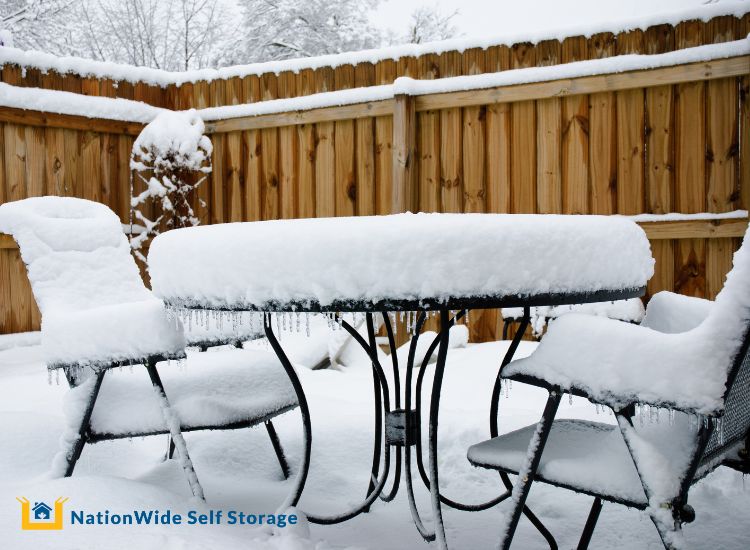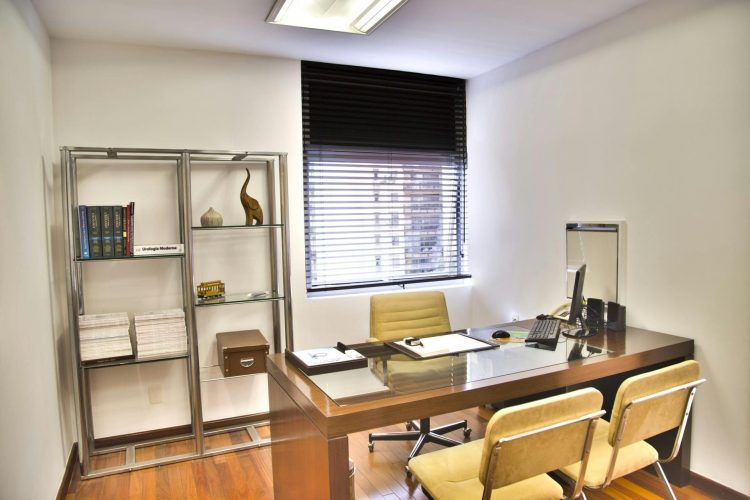October 09, 2024 | 2 minute read
How To Prepare & Protect Your Electronics For Self Storage
Storage Tips For Electronics: For TVs, Stereos, Appliances & More
Keep your electronics is good condition with these storage tips for electronics. When it comes to electronics, storing electronics in self-storage requires extra care to ensure your devices remain in good condition. From laptops and televisions to gaming consoles and home appliances, electronics are sensitive to environmental changes and improper handling. Follow these steps to store your electronics safely in self-storage.

Your Top Storage Tips For Electronics!
1. Choose a Climate-Controlled Unit
Electronics are vulnerable to moisture and extreme temperatures, which can damage internal components like circuits, screens, and batteries. A climate-controlled storage unit helps maintain stable temperature and humidity levels, protecting your devices from condensation, overheating, and cold damage. This is especially important for long-term storage.
2. Back-Up Your Data
Before storing any electronic devices like computers or hard drives, back up all important files and data. This ensures that even if something goes wrong during storage, your valuable information is safe. Use cloud storage or external hard drives for backup.
3. Remove Batteries
Batteries, particularly those in devices like remotes, cameras, or laptops, can leak or corrode if left inside for an extended period. Always remove batteries from your electronics before storing them to prevent potential damage.
4. Use Original Packaging
Whenever possible, use the original packaging to store your electronics. These boxes are designed specifically for the device, providing a snug fit and protection during storage. If you no longer have the original packaging, choose sturdy boxes and add cushioning like bubble wrap, foam, or packing peanuts to prevent items from shifting.
5. Wrap and Cushion Your Electronics
Use bubble wrap or soft cloths to wrap fragile electronics like flat-screen TVs, monitors, and printers. Make sure all screens are protected from scratches or impacts. Seal the boxes securely with packing tape and label them as “fragile” to ensure careful handling during transport and storage.
6. Organize and Label Cords
Keep cables, adapters, and remotes organized by storing them in separate, labeled bags. Attach these bags to the corresponding device to avoid confusion later. You can also label the cords to know which device they belong to.
7. Keep Electronics Elevated
Avoid placing electronics directly on the storage unit floor. Elevate your items by placing them on shelves or pallets. This reduces the risk of damage from any potential moisture or flooding.
8. Don’t Stack Heavy Items on Electronics
Be mindful of where you place your electronics in the storage unit. Keep them on top of other boxes, or better yet, on shelves. Stacking heavy items on electronics could crush or damage them.
The Ulitimate Tip for Storing Electronics
By following these steps, your electronics will remain safe and functional while in storage, ensuring they’re in good working order when you retrieve them. When you need self storage for your electronics, you can trust NationWide Self Storage with 4 locations in BC. You can find a self storage facility near you by following the link and choosing a storage location near you!
Popular Posts
-
A Better Way To Decluttering & Organizing
Instead of a room-by-room or little-by-little approach to decluttering, the KonMari Method™ encourages tidying by category – not by location – beginning with clothes, then moving on to books, papers, komono (miscellaneous items), and, finally, sentimental items.
Read More -

Storing Outdoor Furniture & Patio Accessories For Winter
Tips on storing outdoor furniture & patio accessories for winter. Instead of crowding your garage or basement, self-storage provides a safe, accessible location to store these items until warmer weather returns.
Read More


